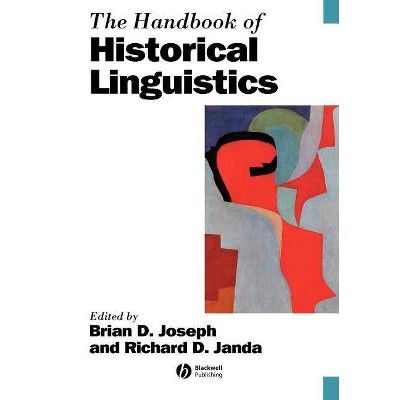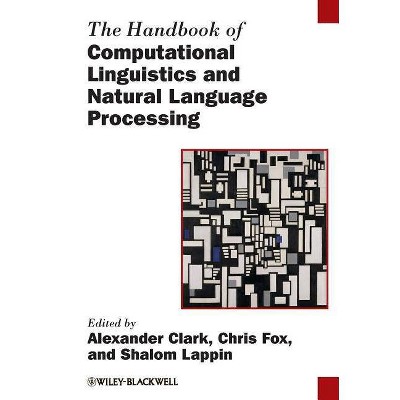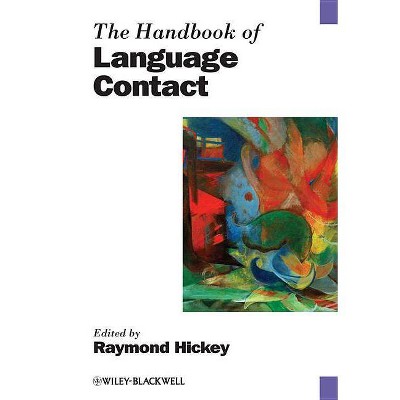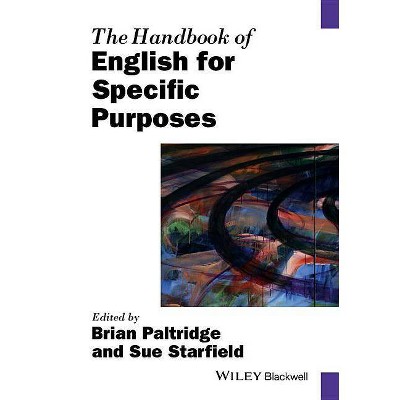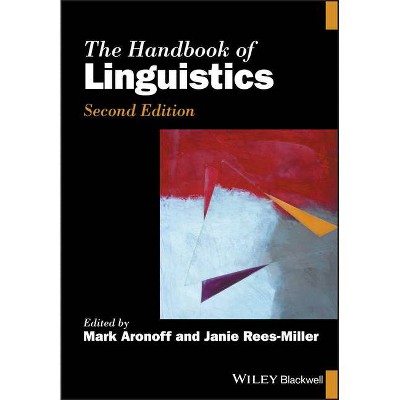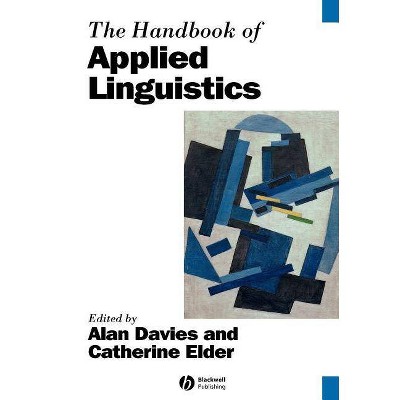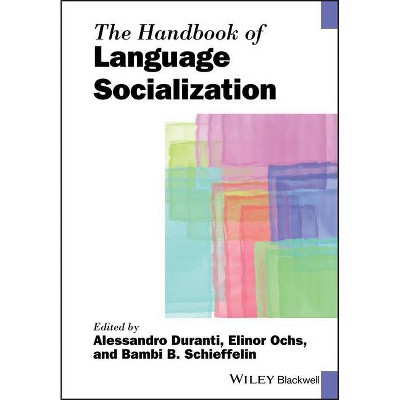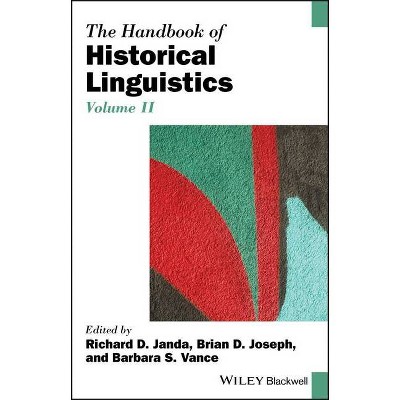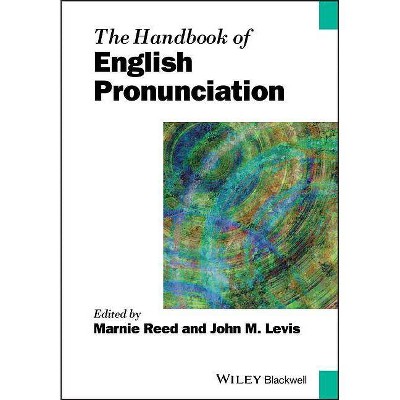The Handbook of Language Emergence - (Blackwell Handbooks in Linguistics) by William O'Grady & Brian Macwhinney (Paperback)
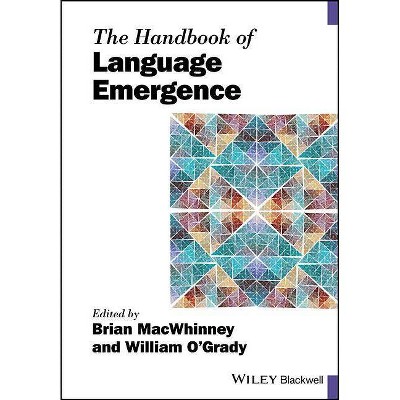
Similar Products
Products of same category from the store
AllProduct info
<p/><br></br><p><b> About the Book </b></p></br></br>"This book explores the latest integrated theory for understanding human language. The authors focus on the ways in which the learning, processing, and structure of language emerge from a competing set of cognitive, communicative, and biological constraints. In addition, the book examine forces on widely divergent time scales, from instantaneous neurolinguistic processing to historical changes and language evolution. Key theoretical, empirical, and methodological issues are also addressed"--<p/><br></br><p><b> Book Synopsis </b></p></br></br><p>This authoritative handbook explores the latest integrated theory for understanding human language, offering the most inclusive text yet published on the rapidly evolving emergentist paradigm.</p> <ul> <li>Brings together an international team of contributors, including the most prominent advocates of linguistic emergentism</li> <li>Focuses on the ways in which the learning, processing, and structure of language emerge from a competing set of cognitive, communicative, and biological constraints</li> <li>Examines forces on widely divergent timescales, from instantaneous neurolinguistic processing to historical changes and language evolution</li> <li>Addresses key theoretical, empirical, and methodological issues, making this handbook the most rigorous examination of emergentist linguistic theory ever</li> </ul><p/><br></br><p><b> From the Back Cover </b></p></br></br><p> "This is a must-read, greatest-hits volume for anyone serious about understanding what language is, where it comes from, and how it's used."<br><strong>Adele E. Goldberg, </strong> Princeton University <p> "This Handbook does more than provide a timely review of recent research in language acquisition by many of the leaders in the field. Its chapters are couched in a theoretical perspective - the Emergentist Program - that must be reckoned with and that has come of age. An essential component in any researcher's language library." <br><strong>Roberta Michnick Golinkof, </strong> University of Delaware <p> "Emergentism has a long history in philosophy and natural science. Now, in this landmark collection, virtually all aspects of language are carefully and insightfully examined by an impressive range of thinkers from all of the disciplines concerned with linguistic structures and their changes over time." <br><strong>Dan I. Slobin, </strong> University of California, Berkeley <p> This comprehensive exposition of the emergentist paradigm reflects the shifting landscape of linguistic theory, and provides advanced students and researchers with the most up-to-date research in our understanding of language emergence. Emergentism focuses on the ways in which the learning, processing, and structure of language emerge from a competing set of cognitive, communicative, and biological constraints, operating across widely divergent time scales. This handbook is the most in-depth and inclusive attempt yet made to bring together studies from the most prominent advocates of emergentism. <p>Phenomena ranging from syntax and typology to language learning, language processing, sociolinguistics, and computational modeling are explored with reference to the competing forces that shape the emergence of language across nano and intergenerational time scales. The contributors each address key theoretical, empirical, and methodological issues, making this volume the most rigorous examination of emergentist linguistic theory ever published.<p/><br></br><p><b> About the Author </b></p></br></br><p> <strong>Brian MacWhinney</strong> is Professor of Psychology, Computational Linguistics, and Modern Languages at Carnegie Mellon University. He has developed the Competition Model of first- and second-language acquisition, which shows how learning and processing emerge from competing patterns across divergent language levels and timeframes. He is the author of <em>The CHILDES project: Tools for Analyzing Talk, 3<sup>rd</sup> Edition</em> (2000) and editor of <em>Mechanisms of Language Acquisition</em> (1987) and <em>The Emergence of Language</em> (1999). He is also the creator of the TalkBank system for spoken language data-sharing. <p><strong>William O'Grady</strong> is Professor of Linguistics at the University of Hawaii at Manoa. He has undertaken extensive research in syntax and language acquisition, focusing on the idea that linguistic phenomena are best understood in terms of the interaction of more basic factors and forces, especially processing cost. He is the author of numerous articles and books, including <em>Syntactic Carpentry</em> (2005), in which he first set out his ideas on the centrality of the processor to the study of syntax and language acquisition.
Price History
Price Archive shows prices from various stores, lets you see history and find the cheapest. There is no actual sale on the website. For all support, inquiry and suggestion messagescommunication@pricearchive.us
